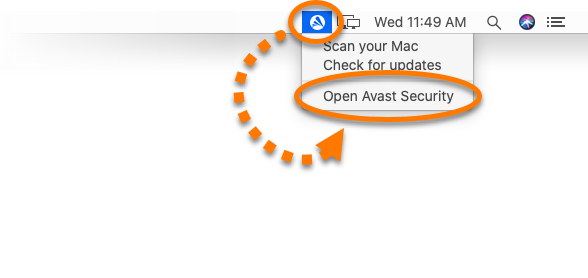
“This was during a period where it was becoming increasingly apparent that cybersecurity was going to be a big data game.

“We started Jumpshot in 2015 with the idea of extending our data analytics capabilities beyond core security,” writes the CEO Ondrej Vlcek in a blog post in response to Jumpshot news. The significance of the incident extends beyond Avast and Jumpshot’s practices: it highlights the sometimes-obscure but very real connection between how some security technology runs the risk of stepping over the boundary into violations of privacy and ultimately how big data is a hot commodity, a fact that potentially clouds that demarcation even more, as it did here: Avast announced that it would be winding down Jumpshot, its $180 million marketing technology subsidiary that had been in the business of collecting data from across the web, including within walled gardens, analysing it, and then - unknown to users - selling it on to third-party customers that included tech giants like Microsoft and Google and big brands like Pepsi and Home Depot.


Avast has made a huge business out of selling antivirus protection for computers and mobile devices, but more recently it was revealed that the Czech-based cybersecurity specialist was also cultivating another, more controversial, revenue stream: harvesting and selling on user data, some of which it amassed by way of those security tools.īut as of today, the latter of those businesses is no longer.


 0 kommentar(er)
0 kommentar(er)
